

@naturemicrobiol.bsky.social
rdcu.be/efagM

www.nature.com/articles/s41...
#PMS2026

www.nature.com/articles/s41...
#PMS2026
micrLIFE from Christoph Keel
with @dgarrs.bsky.social
academic.oup.com/microlife/ad...
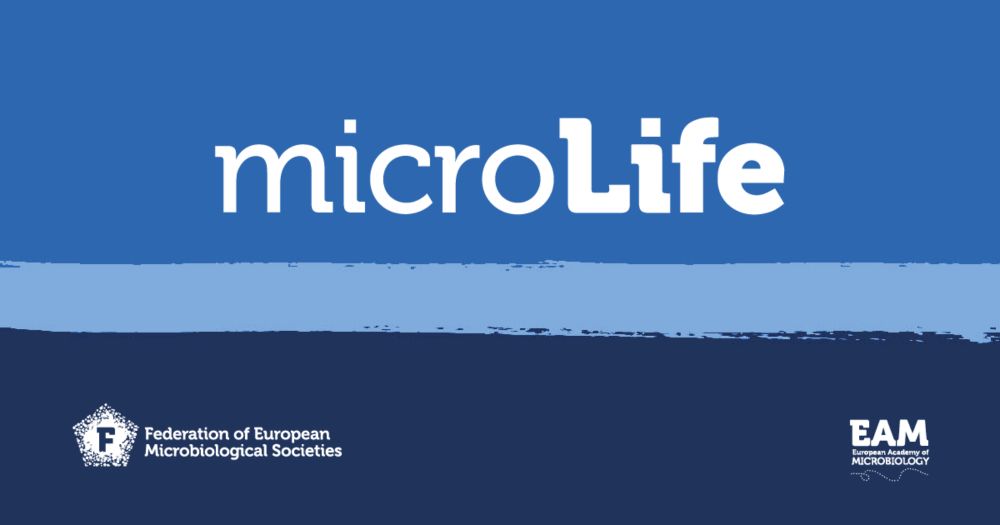
micrLIFE from Christoph Keel
with @dgarrs.bsky.social
academic.oup.com/microlife/ad...
Seed microbes are the key to heritable plant microbiomes.
#PlantMicro #MicrobiomeSky #MicroSky
www.nature.com/articles/s41...

Seed microbes are the key to heritable plant microbiomes.
#PlantMicro #MicrobiomeSky #MicroSky
www.nature.com/articles/s41...

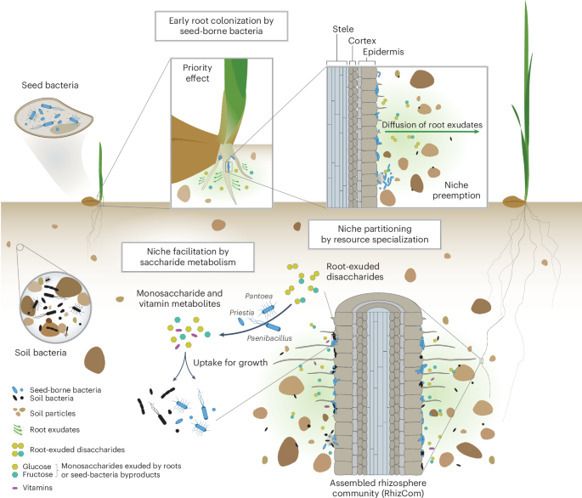
rdcu.be/ehORO
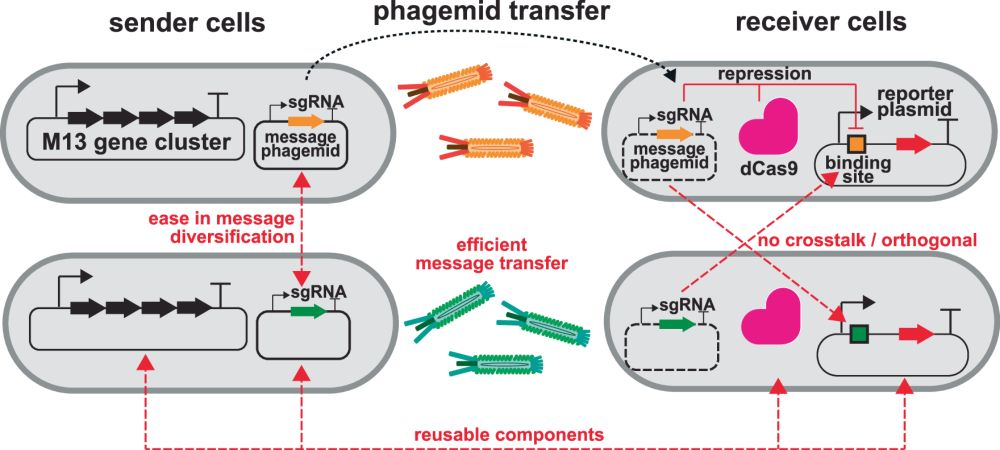
rdcu.be/ehORO
Modern crop breeding and seed certification agencies ignore the known spatial heterogeneity of soils and develop cultivars to thrive in a ‘one-size-fits-all’ soil environment.

Modern crop breeding and seed certification agencies ignore the known spatial heterogeneity of soils and develop cultivars to thrive in a ‘one-size-fits-all’ soil environment.
Check it out here 👇 communities.springernature.com/posts/seed-b...

Check it out here 👇 communities.springernature.com/posts/seed-b...
@dgarrs.bsky.social
#microsky 🧪
www.nature.com/articles/s41...

@dgarrs.bsky.social
#microsky 🧪
www.nature.com/articles/s41...
Seed-borne bacteria drive wheat rhizosphere microbiome assembly via niche partitioning and facilitation
@naturemicrobiol.bsky.social #microsky
www.nature.com/articles/s41...
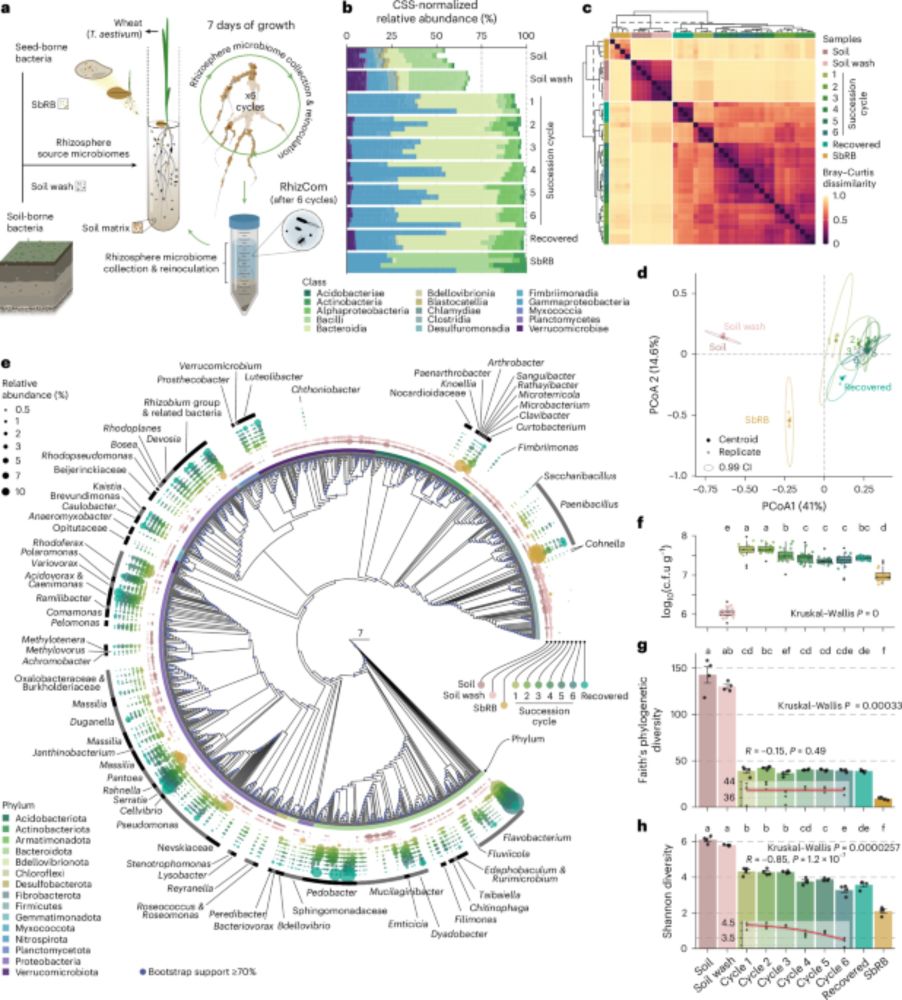
Seed-borne bacteria drive wheat rhizosphere microbiome assembly via niche partitioning and facilitation
@naturemicrobiol.bsky.social #microsky
www.nature.com/articles/s41...
@naturemicrobiol.bsky.social
rdcu.be/efagM

@naturemicrobiol.bsky.social
rdcu.be/efagM
https://go.nature.com/3QLda3z
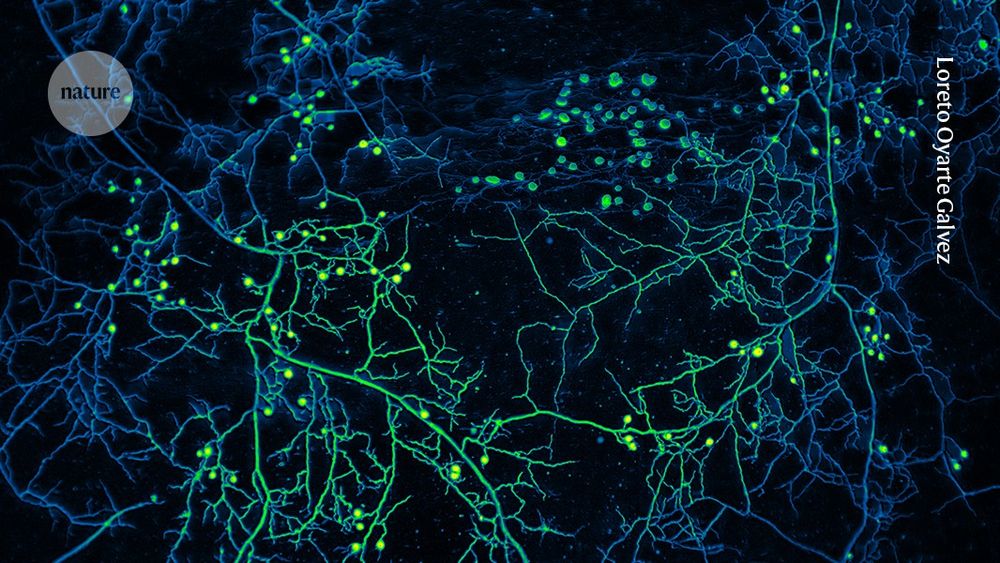
https://go.nature.com/3QLda3z


